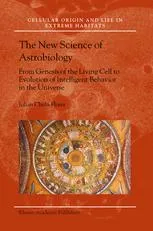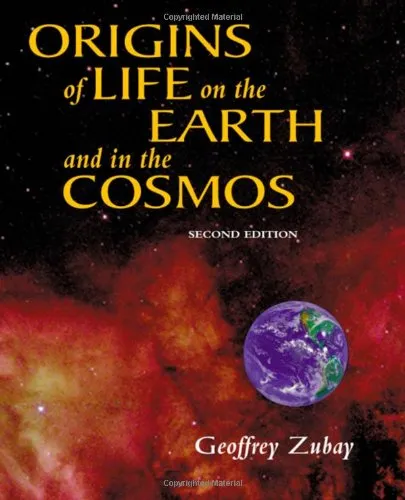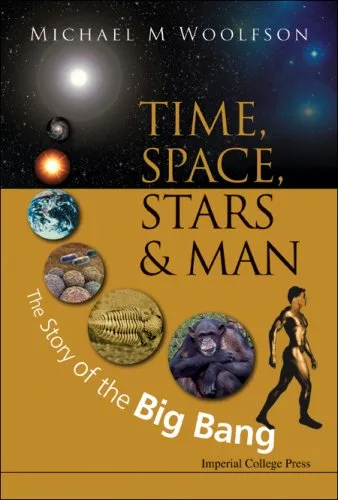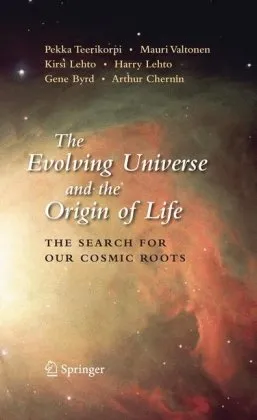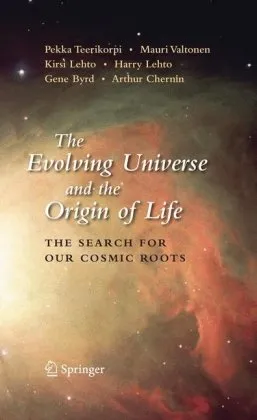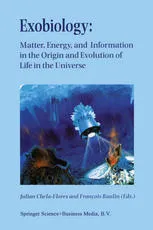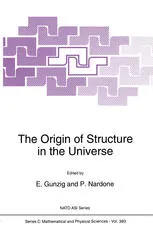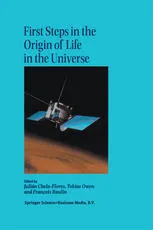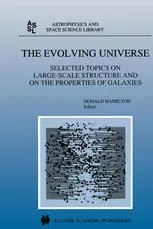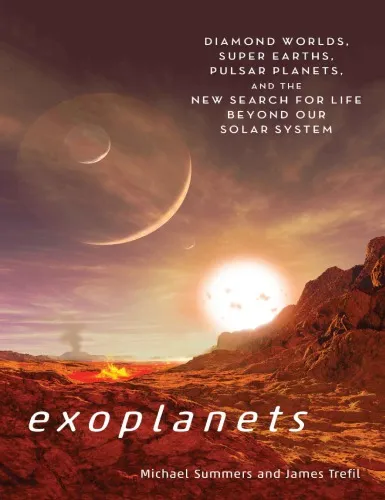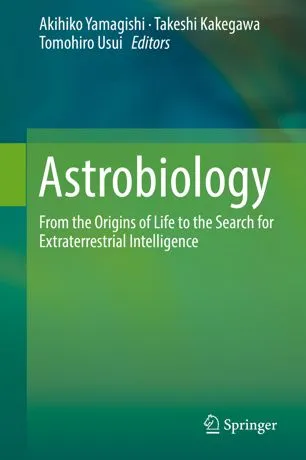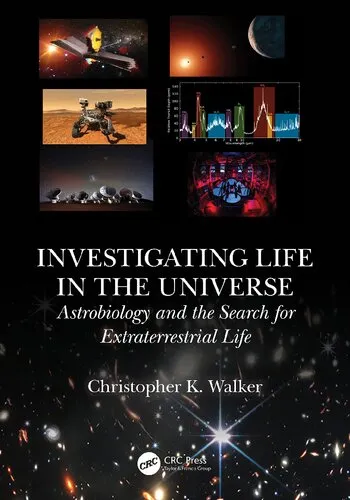The New Science of Astrobiology: From Genesis of the Living Cell to Evolution of Intelligent Behaviour in the Universe
4.5
Reviews from our users

You Can Ask your questions from this book's AI after Login
Each download or ask from book AI costs 2 points. To earn more free points, please visit the Points Guide Page and complete some valuable actions.Related Refrences:
Introduction to "The New Science of Astrobiology"
Astrobiology, as a discipline, has increasingly drawn the fascination of scientists, philosophers, and enthusiasts from all walks of life. In "The New Science of Astrobiology: From Genesis of the Living Cell to Evolution of Intelligent Behaviour in the Universe," I, Julian Chela-Flores, delve into the profound questions of our existence, the origin of life, and the potential for intelligence elsewhere in the cosmos. This book represents a unique synthesis of interdisciplinary research presented in an accessible yet deeply analytical format. By exploring the intersection of biological science, chemistry, planetary studies, and philosophy, the book creates a foundation for understanding life's potential across the universe.
The primary goal of the book is to address some of the most fundamental questions in astrobiology: How did life emerge on Earth? Could similar processes occur elsewhere? And if they have, what are the chances that intelligent behavior has evolved on other planets or moons? These questions are as much about understanding ourselves, our origins, and our evolutionary trajectory, as they are about the universe beyond.
This introduction offers an in-depth opportunity to explore the structure of the book, its main themes, and its contribution to this fascinating and rapidly evolving field.
Detailed Summary of the Book
"The New Science of Astrobiology" embarks on an incredible journey, beginning with a detailed exploration of the conditions necessary for the emergence of life. Starting with the genesis of the first living cell, the narrative progresses into evolutionary biology to establish how intelligence might arise and proliferate under varying conditions in the universe.
The book is divided into key thematic sections, each addressing different aspects of astrobiology. Chapters begin with the biochemical and geophysical conditions that influence abiogenesis (the origin of life from non-living matter) and proceed to explore how Earth's unique conditions may serve as both a template and an exception in the broader search for extraterrestrial life.
Later chapters pivot to the philosophy behind astrobiology, illustrating not only the scientific tools we use to study extraterrestrial phenomena but also the questions of purpose, ethics, and interplanetary collaboration. Special attention is given to exploring whether intelligent behavior is an inevitable outcome of evolutionary processes or a rare occurrence. Each chapter is enriched with scientific insights, supported by mathematical models and observational analyses, making it a valuable resource for students, researchers, and educators.
Key Takeaways
- A comprehensive framework for understanding how life can originate and evolve in diverse environments.
- Insight into the biochemical and geological processes that catalyze life formation.
- An exploration of intelligence as a product of natural evolution, viewed within a universal context.
- Discussion on the philosophical and ethical implications of discovering life elsewhere.
- A multidisciplinary approach, combining fields such as physics, chemistry, biology, and the humanities.
Famous Quotes from the Book
"The search for life beyond Earth is not simply the search for extraterrestrials; it is an inquiry into who we are and how closely we are tied to the greater cosmos."
"Intelligence is not the inevitable measure of evolution, but a rare and wondrous phenomenon that may redefine how we perceive the universe."
Why This Book Matters
In an era where space exploration and technological advancements push the boundaries of human capability, this book serves as a cornerstone for understanding one of our most profound questions: Are we alone in the universe? The interdisciplinary nature of "The New Science of Astrobiology" bridges gaps between the sciences and the humanities, making it as thought-provoking as it is rigorous in scientific discussion.
Furthermore, this book brings together the excitement of astronomical discoveries, such as exoplanets and habitable zones, with terrestrial insights into extremophiles and molecular biology. By doing so, it connects us not only to our planet's past but also to our potential future as an interplanetary species. The themes and discussions presented here go beyond science—they touch on our humanity and our deepest aspirations.
Whether you are a scientist, philosopher, or simply curious about the universe, "The New Science of Astrobiology" opens up a world of possibility. It reflects a dynamic and growing field while addressing age-old questions about life's place in the cosmic order.
Free Direct Download
You Can Download this book after Login
Accessing books through legal platforms and public libraries not only supports the rights of authors and publishers but also contributes to the sustainability of reading culture. Before downloading, please take a moment to consider these options.
Find this book on other platforms:
WorldCat helps you find books in libraries worldwide.
See ratings, reviews, and discussions on Goodreads.
Find and buy rare or used books on AbeBooks.
1382
بازدید4.5
امتیاز0
نظر98%
رضایتReviews:
4.5
Based on 0 users review
Questions & Answers
Ask questions about this book or help others by answering
No questions yet. Be the first to ask!
